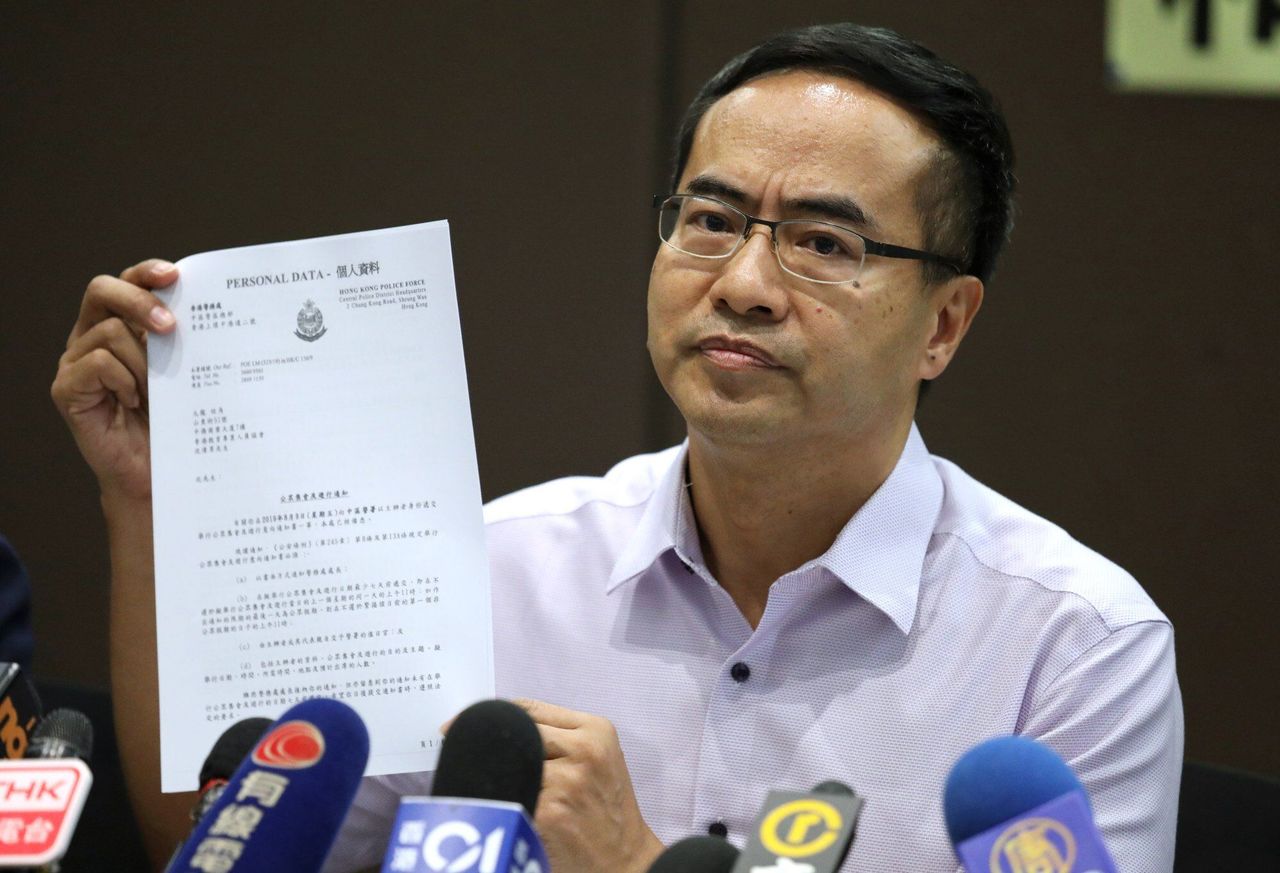Hong Kong News

Education bosses spent HK$2.2 million on Basic Law classes after 2019 protests
Promoting Hong Kong’s mini-constitution at the city’s schools cost education authorities eight times more this year, while the government is to also increase its spending on helping pupils join trips to mainland China.
Statistics provided by the Education Bureau to the Legislative Council on Wednesday showed authorities spent more than HK$2.2 million (US$283,000) on producing teaching resources for Basic Law education in the 2020-21 school year, up from HK$280,000 in 2019-20.
Estimated spending for that purpose in the next school year would be slightly reduced to about HK$1.3 million, figures showed.
The boost of expenditure followed the anti-government protests in 2019. Of the 10,000 people arrested during the civil unrest, about 40 per cent were university students and secondary school pupils.
The bureau was also expected to spend HK$115 million in the upcoming 2021-22 school year in subsidising and organising exchange programmes to mainland China to foster a “better understanding of education in the mainland and facilitate cultural exchange”.
Some 108,900 places for primary and secondary school pupils are expected to be available during the period, meaning an approximate HK$1,050 subsidy per head.
In the 2019-20 and 2020-21 school years, only HK$15 million and HK$6 million were spent on subsidising mainland exchange trips respectively, with 8,000 and 4,500 participants because of the impact of the coronavirus pandemic.
But the bureau was unable to provide expenditure figures in terms of national security education, which schools are required to carry out under the new legislation.
The national security law, which came into effect last June, targets acts of secession, subversion, terrorism and collusion with foreign forces, with a maximum penalty of life imprisonment.
Permanent secretary for education Michelle Li Mei-sheung said the increased spending on Basic Law education last year was “in commemoration of the 30th anniversary of the promulgation of the law”.
“Teachers and students can gain a better understanding of the relationship between the constitution of our country and the Basic Law as well as the concepts embodied in the law,” Li said in response to questions from lawmakers.
Wong Wai-shing, vice-chairman of the 40,000-member Hong Kong Federation of Education Workers, said the increase in spending was a “positive step”, although he hoped the government could provide further breakdowns of how the money was used and how it was being allocated.
 Fung Wai-wah, president of Hong Kong Professional Teachers’ Union.
Fung Wai-wah, president of Hong Kong Professional Teachers’ Union.
But Fung Wai-wah, president of the 100,000-strong Professional Teachers’ Union, believed the bureau would spend even more on promoting national identity and patriotism over the next few years to fulfil a “political move”.
Fung also believed the bureau should be “more transparent” in expenditure related to national security education for the sake of public accountability.
On Thursday, many local schools are expected to hold activities including a flag-raising ceremony, playing the national anthem, March of the Volunteers, and holding talks around the concepts of national security. Some schools will also hold quizzes and mini-exhibitions on campus.
“Given that this is public expenditure, there should be high levels of transparency,” Fung said. “As education authorities have certain power to allocate expenditures and resources, it would be difficult for members of the public to understand the true spending related to that.”











